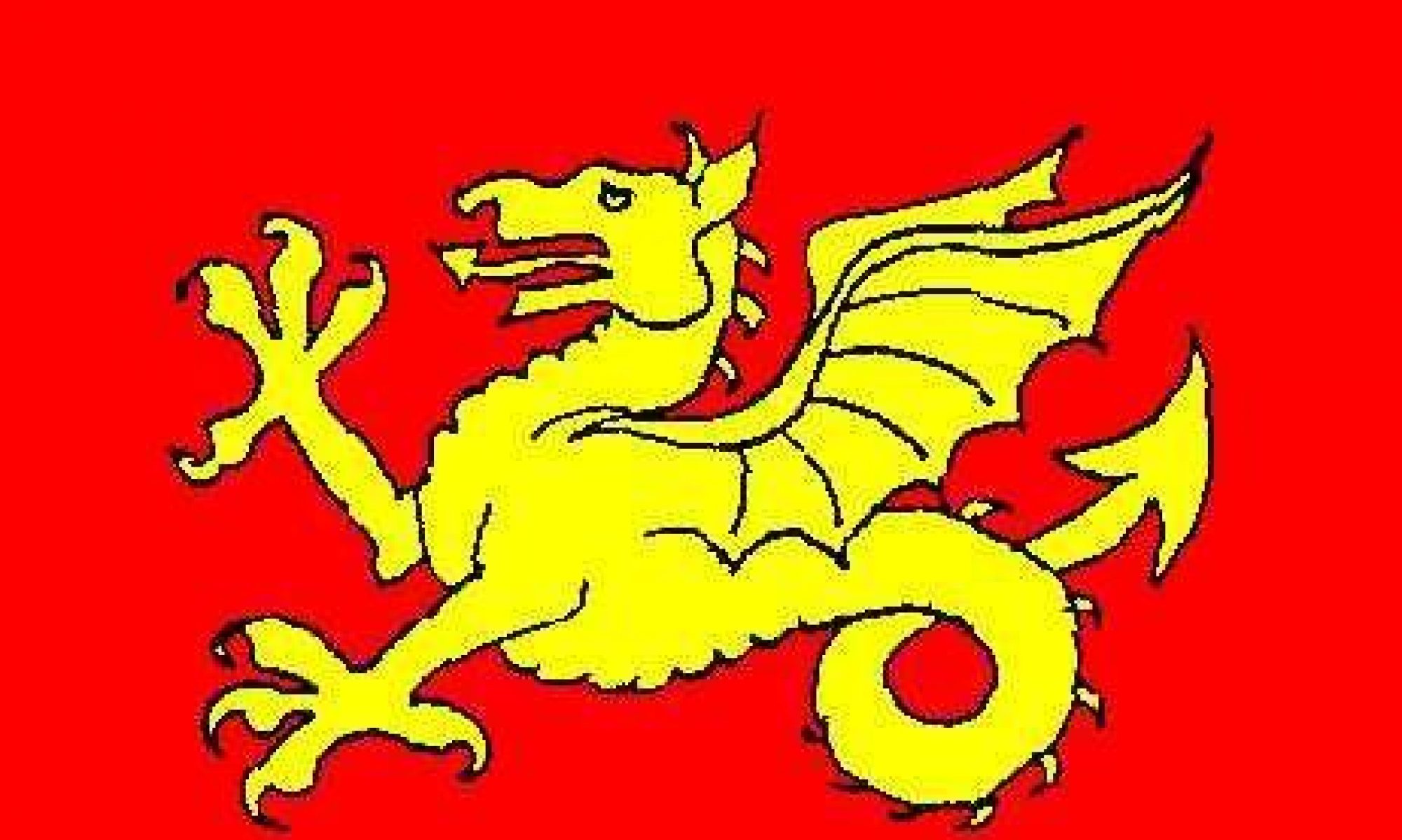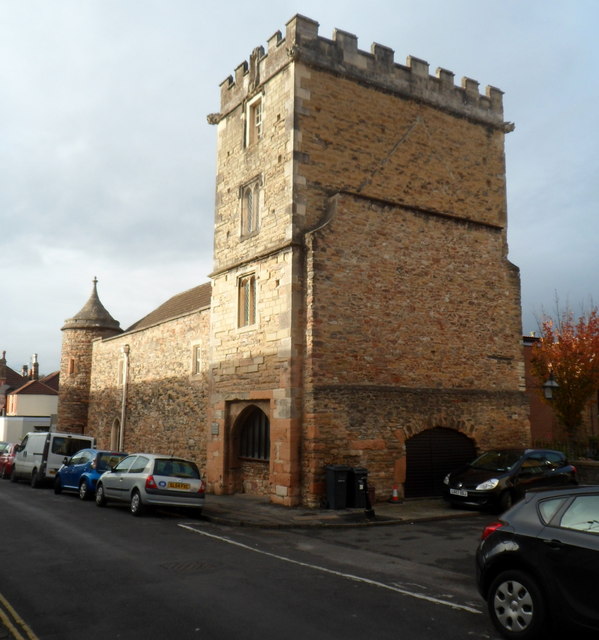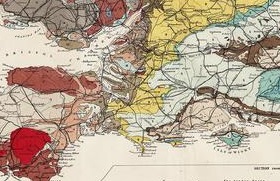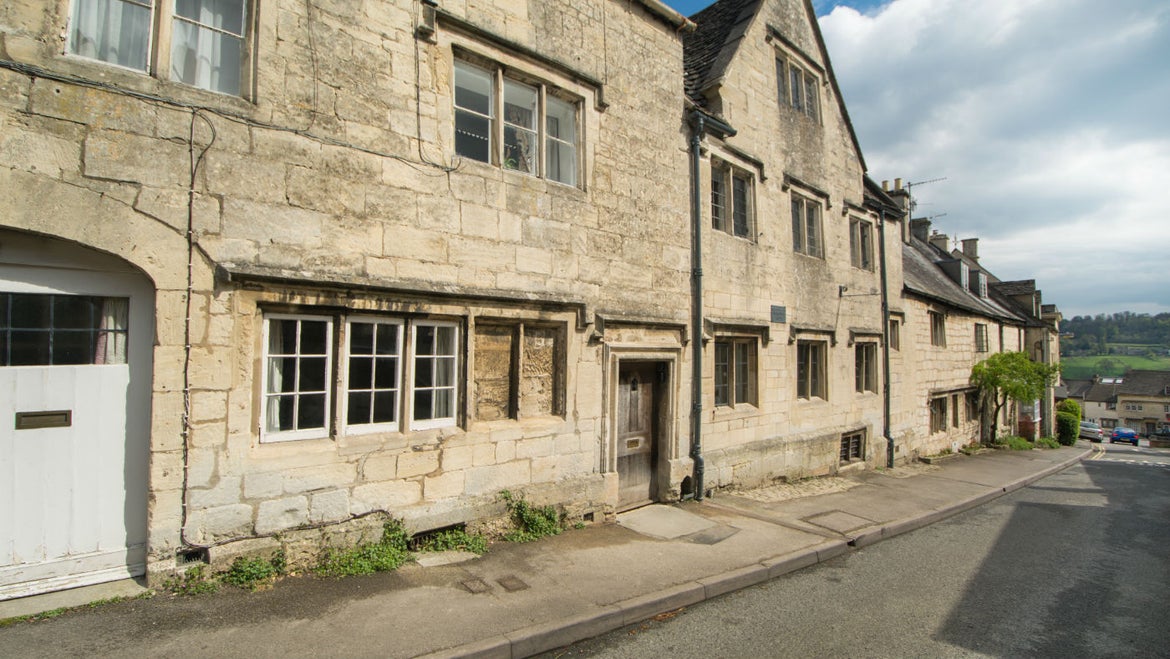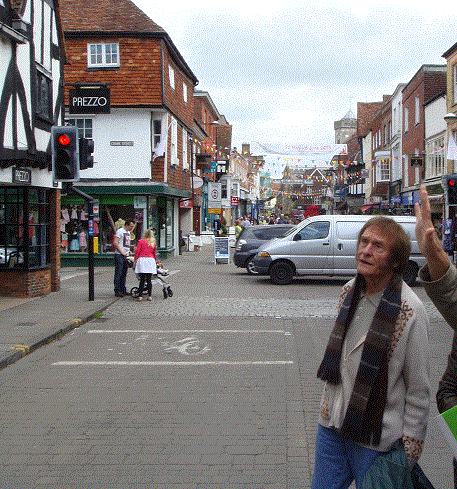It is with great regret that we announce the passing of a long-time Mercian ally of the Society, who was present at our inaugural meeting in 1999, and who continued to support the Society until shortly before his death. The name on his birth certificate was Bruce Arthur Wood, but he was known to all simply as Woody. Below, a couple of the people who knew him best share their memories:
David robins
Bruce Wood died on 15th June 2020 at the age of 84, though such was his energy that only those who knew him a long time would have thought him that old. Universally known as ‘Woody’ – I never discovered his first name while he was alive – he devoted himself to a long succession of radical movements, making a pivotal contribution to English regionalism along the way.By the time he came to regionalism in the late 1980s, Woody had already been involved in practically every dissident cause going. Radicalised as a squaddie with the British Army of the Rhine and in Ghana – where he was to become a blood brother in the Dagomba tribe – he had by the 1970s rejected mainstream politics as a dead end. His Labour mentors had let it be known that, if he kept to the party line, he could be a councillor or a magistrate in a few years. He decided that machine cynicism of that sort was not what worthwhile change was about. Having given up a job with the Central Electricity Generating Board, he became a community-based electrician in Leicester. With Mandy Taverner and Ray Trader he co-founded the Movement for Middle England in 1988. This later became Devolve! and inspired the formation of the Mercia Movement. Woody’s life in the alternative and co-operative world led him to an interest in the relationship between culture, communities and peoples, and the ecology within which they must exist. He came to view conventional green politics with suspicion as too anthropocentric. Aware of the legacy of personality cults, he fought egotism at every level. His methods ranged from using a lower-case ‘i’ when writing about himself to vehemently rejecting suggestions that he was leader of any initiative he undertook, always foregrounding the contributions of others. Although he took an interest in the Wessex Regionalists, electoral politics within the UK framework was not something for which Woody felt any enthusiasm. He was very pleased though to support Wessex Society and any activity in favour of English culture, notably Ða Engliscan Gesiðas (The English Companions). He often returned to the theme of the Norman Yoke as the origin of England’s social ills, though he took a pragmatic approach to how this realisation might be applied to modern circumstances. His inclusivity extended beyond England: Celtic nationalists,he argued, had lost their countries, and know that they lost; the English lost too, in 1066, but, encouraged to identify with the victors, they think they won. That self-image had to change if a world based on mutual respect was to be achieved.In recent years, it became obvious that he was short of time, devoting much of his remaining energy to setting his ideas down in a series of short books about the values needed in a less egotistical world. He became pessimistic about the chances of a developed civilisation surviving the challenges of the 21st century. In thinking about the ecological footprint everyone makes, he saw too much emphasis on reducing births: people living unreasonably long are also a burden on the planet. He looked forward to making his contribution to easing that burden, so our loss is one that, ever self-effacing, he would no doubt prefer to celebrate as a tiny gain for Gaia.
Jeff Kent (Acting Witan of mercia)
Such has been the changeover of Mercian activists in the last two years that I think only half of you have ever met Woody (Bruce Wood) and some of you may never have heard of him. However, with his sad passing, of which Tony kindly gave us notice yesterday, his importance to our initiative needs to be fully known and put into perspective. It’s no exaggeration to say that without him, there might well never have been an Independent Mercia campaign, so I might well not have sent this email and you therefore may well not have received it. Although the English campaign for freedom from the Norman Yoke has been continual since 1066, the specific one in the Midlands and Mercia had been dormant for quite some time until Woody founded the ground-breaking, radical Movement for Middle England in 1988, which had the essence of what over time developed into the Constitution of Mercia and Independent Mercia. In the early 1970s, I’d wanted to set up what I provisionally called the English People’s Freedom Movement, to overthrow the Norman-British Yoke and get our land back, but I never found anyone interested in joining it. But, in 1988, Woody was successful in founding a similar organisation on a regional level, with a number of members, the achievement of which cannot be underestimated. I read about it in 1991 and joined immediately. The Mercia Movement, an offshoot of MfME, published The Mercia Manifesto and A Draft Constitution For Mercia and was the catalyst for the formation of the Mercian Constitutional Convention in 2001 from regionalist radicals from right across Mercia. Woody was a key member of the convention and influence on The Constitution Of Mercia, which was agreed in 2003 and remains the bedrock of our law. When the convention declared the independence of Mercia, in Victoria Square, Birmingham, on 29 May 2003, Woody was, of course, involved and particularly did a magnificent job in keeping the police at bay by plying them with sweets and charming them with sweet chat! Its job done, the convention metamorphosed into the Acting Witan of Mercia, to spearhead the drive to actual independence, and Woody was an important member until his death on Monday, at the age of 84. In the last couple of years, it became obvious that he was slowing down and the final meeting he came to was on 23 February last year. Woody has probably more lived the life of our principles than anyone I know, having long lived in a real community in Leicester, in which money and resources were pooled and decisions taken democratically. He always emphasised communitarianism and team playing and was the epitome of organic democracy in constantly trying to power-share and to empower the powerless in any situation. Woody’s impact on Independent Mercia has been seminal and our loss of him is irreplaceable, but we must continue our campaign with vigour in his honour, as well as that of the countless Mercians who have died for the cause over the centuries, and for the future of the yet unborn who will suffer terrible consequences (with the breakdown of the ecosystem) if our fundamental principles aren’t adopted.
Correction: an earlier version of this post stated that Woody was present at our most recent meeting in February. This was not the case, and we apologise for the error.
